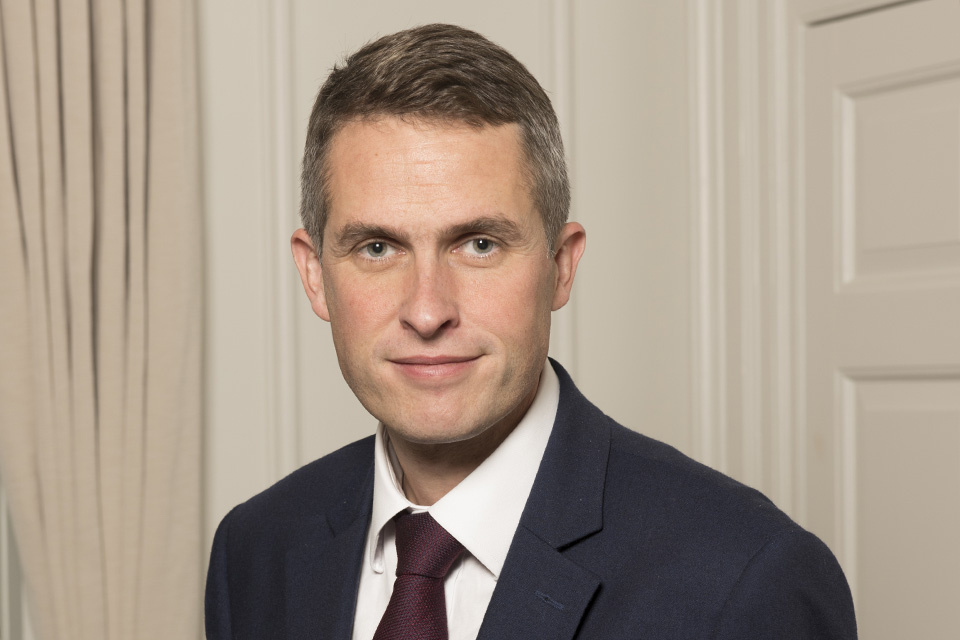Education Secretary Gavin Williamson’s comments about how universities should not charge full fees for online learning were irksome and unnecessary.
On August 10, 2021 thousands of students finally found out the outcome of another difficult year in education as A-Level results day rolled around once again.
Many students were undoubtedly anxious to see their results, to find out how their teachers have marked them. When they opened their results, over 44.8 per cent of students had received A* or A grades.
That is an increase by almost 75 per cent since 2019, the last time conventional exams were taken.
Last year, 38.5 per cent achieved the top results.
However, this massive grade inflation was only the tip of the disaster that was A-Level results day.
During Gavin Williamson’s rounds of the national media earlier in the morning, amongst other things, the Education Minister admitted that he had forgotten his A-Level results.
To be fair to him, they do not matter. Many of my friends did not want to share their results, they are ultimately private information. We, the public, do not have the right to Williamson’s grades.
However, whilst speaking on Sky, he made other comments that were irksome.
Speaking to Kay Burley, he said: “I think if universities are not delivering what students expect, then actually they shouldn’t be charging the full fees”.
These comments were unnecessary for several reasons.
Firstly, the university market is private. That means, apart from the ceiling price that the Government sets, universities set their own prices. The Government has no business commenting on what it thinks the universities should charge unless they intend to intervene and artificially set conditions for how much higher education institutions can tax for what service. And they should not be doing that.
Raising or limiting the ceiling price is different, this more limited intervention is acceptable. That safeguards students from being charged inappropriate prices and is an entirely different debate.
Secondly, how universities teach their courses is a decision made by them, not the Government.
While I personally believe in-person teaching is better, if the university chooses to remain online then that is a choice the university should be freely allowed to make. The Government does not have the power to order universities to fit their education programmes around their whims.
New students are able to choose courses that have in-person teaching should they wish – that is the beauty of choice. Regarding continuing students, while they have less ability to switch their courses and would be more heavily impacted, ultimately the university is the arbiter when it comes to student and lecturer safety. And that is something that is agreeable to everyone.
These comments are also a kick in the teeth of the students who endured online learning last year.
There were numerous protests about lowering tuition fees, and while I did not personally agree with them (supporting students financially at the moment is better than lowering a debt they still will not pay off), this gives their arguments more weight. The Government assured us that online learning was just as good as in-person learning, and so a fee reduction was not required.
However, this reasoning seems to have been abandoned. Now, the Government is dancing to the tune that in-person teaching is superior and that online teaching is worthless. Students who sat through teaching at home have been completely side-lined.
The Government has embarked on a quest to devalue online working and teaching, and that is not right. Online teaching is something for the university to decide or reject based on their own reasoning, not financial pressure from the government. Quite frankly the government has got bigger worries when it comes to universities than policing how they teach their courses.
This is an opinion piece and the author’s views do not necessarily reflect the views of Platform Magazine.
Lead image: Number 10

